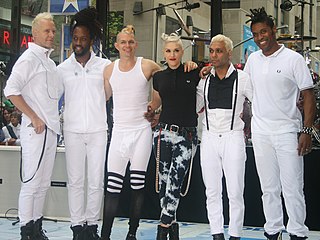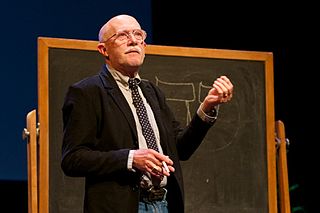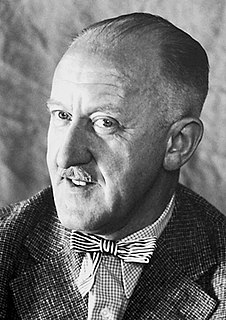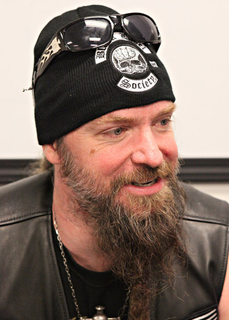A Quote by John F. Kerry
We have an electorate that doesn't always pay that much attention to what's going on so people are influenced by a simple slogan rather than the facts or truth or what's happening.
Related Quotes
In fact, I always assumed that most everything I read was true, to one degree or another. I couldn't articulate this fact until after I read Tim O'Brien's The Things They Carried and he discussed Happening Truth, Story Truth, and Emotional Truth. I always understood that the facts of The Sun Also Rises or On the Road were the facts as dictated by a certain narrative structure, but because the experiences of those characters echoed my own feelings about the world. I knew there was a Happening Truth behind them.
From the simplest lyric to the most complex novel and densest drama, literature is asking us to pay attention. Pay attention to the frog. Pay attention to the west wind. Pay attention to the boy on the raft, the lady in the tower, the old man on the train. In sum, pay attention to the world and all that dwells therein and thereby learn at last to pay attention to yourself and all that dwells therein.
All writers who can claim to be called 'living' must be political in a sense. They must have what the Quakers call a concern to understand what is happening in the world, and must engage themselves, in their writing, to promote no comfortable lies, of the sort which people will pay well to be told rather than the truth.
With moviemaking, the audience always has to keep asking, 'What happens next?' If you have the wrong piece of music over a scene, people aren't going to get the scene. If you have the wrong camera angle, people aren't going to pay attention. That's as much a part of the process as getting people to talk to you.
The "burning bush" was not a miracle. It was a test. God wanted to find out whether or not Moses could pay attention to something for more than a few minutes. When Moses did, God spoke. The trick is to pay attention to what is going on around you long enough to behold the miracle without falling asleep. There is another world, right here within this one, whenever we pay attention.
I always say people would rather be nice than right. I like to be nice too, but come on. People frequently ask me, what is my definition of politically correct. My answer is always the same: the elevation of sensitivity over truth. People would rather be nice than right, rather be sensitive than true. Well, being nice and sensitive are important, but they're not more important than being right; they're not more important than the truth.


































